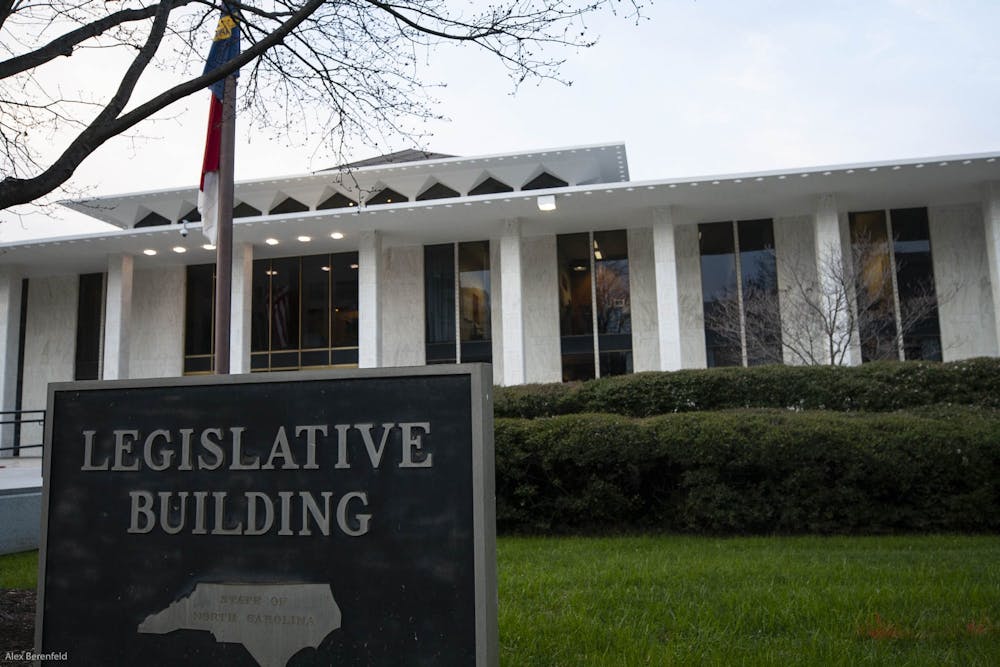Candidate filing for the 2022 primary elections will resume on Feb. 24, the North Carolina State Board of Elections announced last Tuesday.
This follows a delay spurred by a lawsuit filed against the state over its congressional maps. A panel of three North Carolina Superior Court judges ruled on Tuesday that the maps were constitutional.
"Despite our disdain for having to deal with issues that potentially lead to results incompatible with democratic principles and subject our State to ridicule, this Court must remind itself that these maps are the result of a democratic process," the ruling said.
The North Carolina Supreme Court announced the initial pause on candidate filing on Dec. 8. The court also changed the date of the 2022 primary from March 8 to May 17 and suspended filing for candidates for public offices until it ruled on the legality of the state’s congressional maps.
'Extreme partisan gerrymandering'
N.C. House Minority Leader Robert Reives said in an email that he supported the initial decision to delay primaries. He said it was a necessary step to ensure the courts had enough time to rule on the legality of North Carolina's congressional maps.
The North Carolina League of Conservation Voters, one of the plaintiffs in the lawsuit against the state, said on its website that the state's maps were gerrymandered along partisan and racial lines.
Dustin Ingalls, director of strategic communications for the NCLCV, said in an email that the organization is appealing the decision to the state Supreme Court.
“... We’re confident they will agree with us that the extreme partisan gerrymandering will be recognized as a constitutional violation that must be remedied with new maps,” he said.




